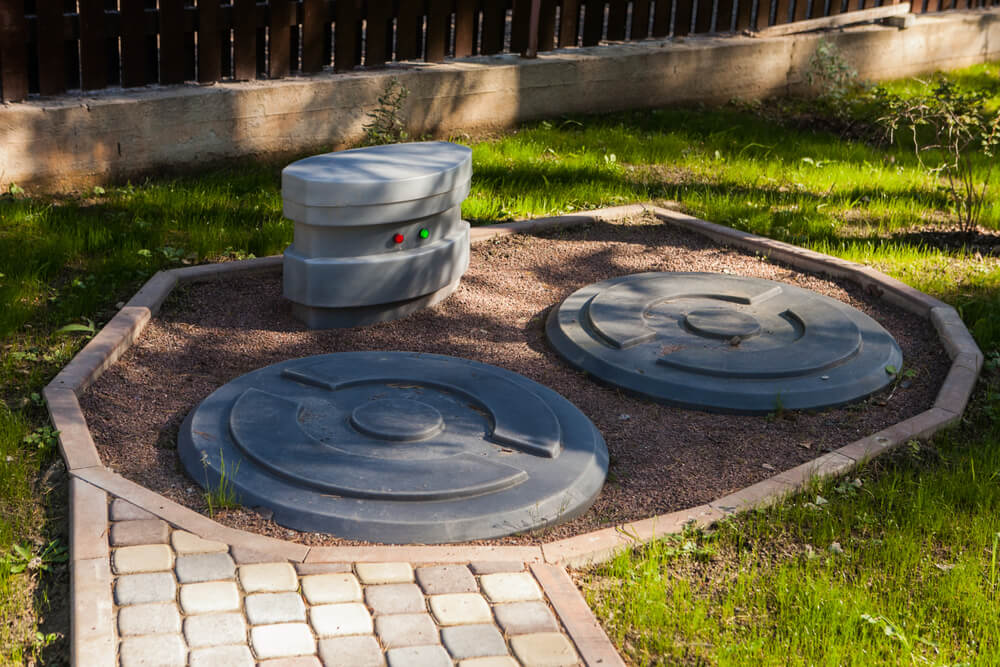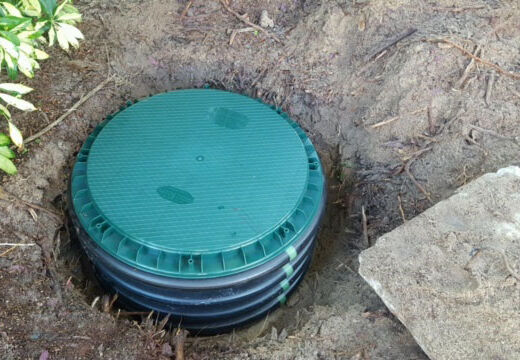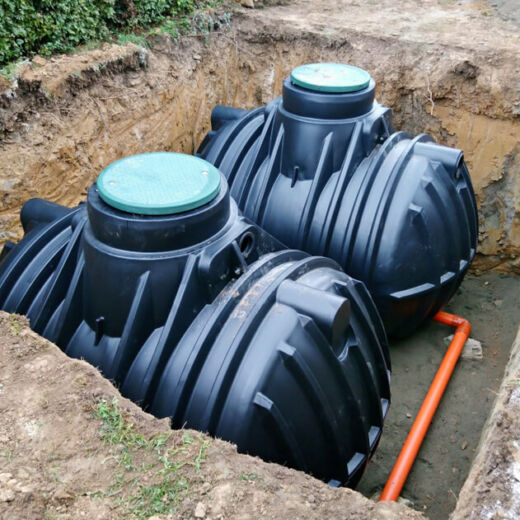As winter approaches, homeowners are busy preparing their homes for the cold months ahead. While most focus on insulating pipes and sealing windows, it’s crucial not to overlook an essential component of your household – the septic tank and system.
Neglecting septic system maintenance during winter can lead to costly seasonal repairs and potential health hazards. To help you navigate this, here are some valuable tips to prepare your septic tank and system for the winter season.
1. Schedule a Professional Inspection
Before winter sets in, it’s in your best interest to have a professional inspect your septic system. They can identify any existing issues and recommend necessary repairs or maintenance. This is especially important as problems that may seem minor in warmer months can escalate into major issues when temperatures drop.
A thorough septic system inspection includes:
- Checking the condition and size of the tank
- A full assessment of drain field area
- Any landscaping or grading concerns that may influence system operation
- Any concerns regarding sizing of the system compared to occupancy of the home
- The condition of mechanical and plumbing equipment, alarms, etc. including testing and analysis of their performance
2. Pump Your Tank
Regular pumping is a fundamental aspect of septic system maintenance. It’s recommended to have your septic tank pumped every 2-3 years but consider doing it before winter. This ensures that there’s enough space in the tank to accommodate the increased flow of water during the holiday season, especially if you’re planning to have guests over for the festivities.
Having your tank pumped helps prevent the buildup of sludge and scum, ensuring that your septic system operates efficiently. By removing excess solids, you allow the beneficial bacteria in the tank to effectively break down waste, promoting optimal decomposition. This, in turn, extends the lifespan of your system and reduces the likelihood of costly repairs or replacements. Additionally, pumping prevents potential backups and overflows, reducing the risk of contamination to your property and the environment. Moreover, it maintains proper drainage in your drain field, preventing soil saturation and groundwater contamination.
3. Monitor Water Usage
Winter often brings increased water usage due to various factors like holiday gatherings, snowmelt, and more time spent indoors. Keep an eye on your water consumption and spread out activities like laundry and showers to prevent overwhelming your septic tank in winter. This highlights the benefits of having your septic tank pumped before winter to prevent any issues.
4. Maintain Regular Septic Tank Use
On the contrary, avoiding periods of inactivity is also important to a trouble-free winter season for your septic system. Continuing to use the septic system regularly is vital for its overall health and functionality.
When a septic system remains unused for extended periods, the natural balance of bacteria within the tank can be disrupted. These bacteria are responsible for breaking down and decomposing solid waste. Without regular use, the bacterial population can dwindle, leading to reduced efficiency in waste digestion.
If you’re going away for the winter months, make plans to have a trusted friend or family member use the septic system such as running the water and flushing toilets to maintain its integrity.
5. Insulate Exposed Pipes
Cold temperatures can lead to freezing, which is detrimental to both your plumbing and septic system. Ensure any exposed pipes leading to or from the septic tank are properly insulated. This will help prevent freezing and potential damage.
Proper insulation acts as a protective barrier, safeguarding against the cold. This crucial step ensures that the temperature within the pipes remains above freezing, preventing the issue of frozen water in the pipes.
5. Insulate Your Drainage Field
There are ways to protect your septic tank from potential damage caused by frozen ground during the colder months. Luckily, safeguarding the drainage field is a straightforward task. Allow grass to grow around your septic system, which can effectively help to retain snow.
Avoid cutting the grass too short as this natural layer of grass serves as insulation over the soil treatment area throughout winter. In the absence of a lawn, consider spreading leaves or mulch over the drain field. Alternatively, you may opt to invest in insulated blankets. These measures effectively safeguard both the tank and field by preserving heat and preventing the entire system from succumbing to freezing damage.
During the winter months, while it may seem counterintuitive, avoid shovelling the snow off the drainfield area. Some homeowners make this mistake, thinking that snow will cause a frozen septic system. However, a blanket of snow helps insulate the septic drain field areas.
7. Install a Septic Alarm
Installing a septic alarm is a crucial step in safeguarding your septic system and preventing potential disasters. This innovative device serves as an early warning system, alerting homeowners to any abnormal conditions within the tank. When water levels rise to a concerning point, indicating potential overflows or backups, the alarm emits a loud, unmistakable signal.
This while allow you to take prompt action, such as reducing water usage or calling for professional assistance, before a major problem arises. By investing in a septic alarm, you’re not only protecting your property but also provides you with peace of mind.




